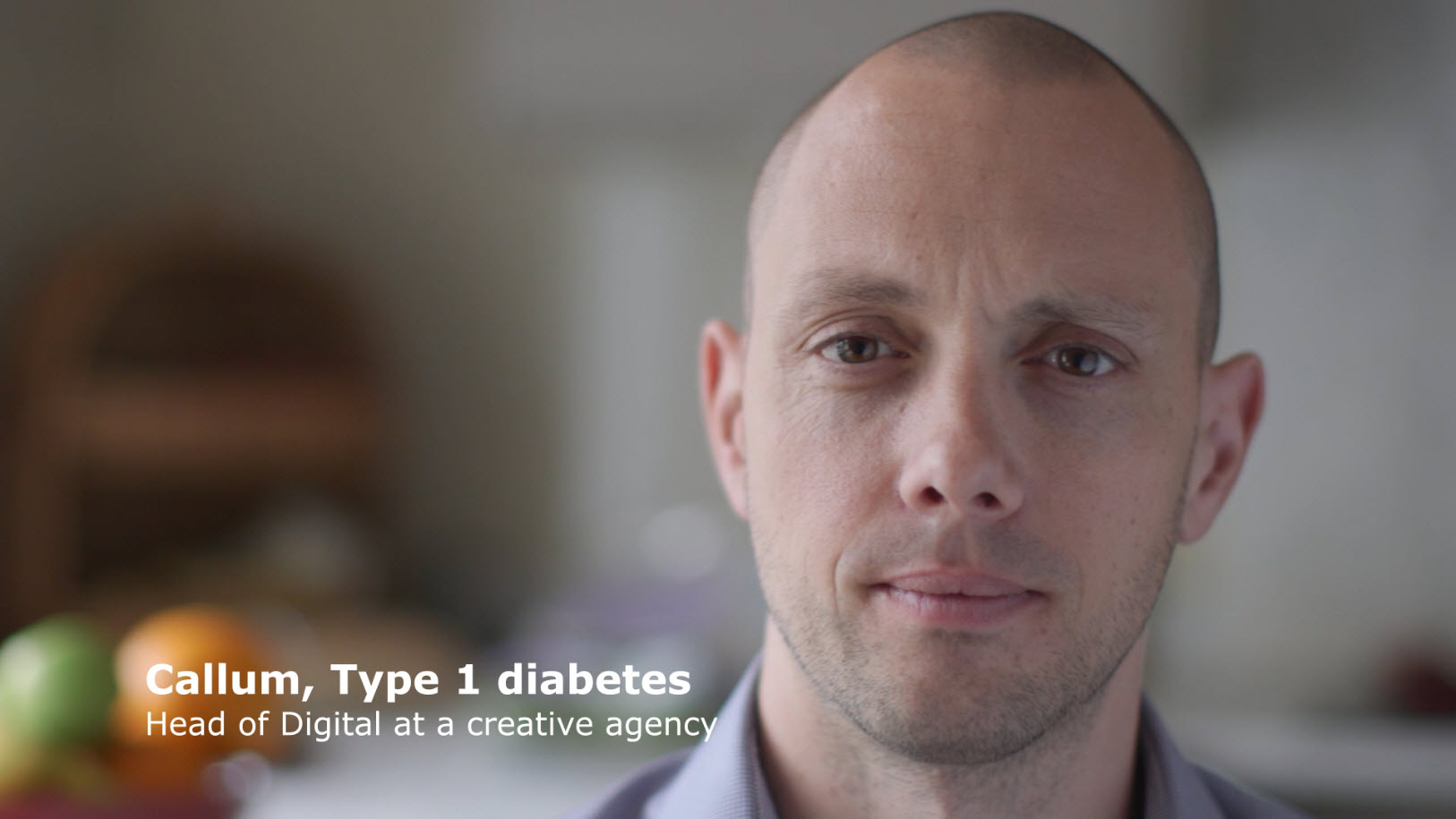Intro to Video Journalism
With video, we build on the compositional techniques of photography and the structural, storytelling aspects of audio with one obvious additional element: Motion.
How does video storytelling for the web and mobile differ from TV and film?
- Need to be CLOSER to your subject. Web videos are smaller and more compressed.
- 20 percent of online viewers bail on a video within 10 seconds. So you don’t have a lot of time to grab your viewers and make sure they stick around.
How important is audio?
- Good audio is of paramount importance. If you have low-quality video and good audio, the video will still be watchable. If you have gorgeous visuals but terrible audio, it will not.
When is narration necessary?
Sometimes, you can let the subjects of your video tell the story all on their own — as long as you edit with care, presenting what they’ve told you in a way that makes narrative sense. One benefit of non-narrated videos is that they can feel more organic. There’s no disembodied voice stepping in to tell the story, which keeps the focus on the characters in the story.
But sometimes, for clarity’s sake or for stylistic reasons, narration is necessary, or text.
Narrated videos
Text-Narrated videos
These are more and more popular thanks to social media distribution because they automatically start playing as you scroll through your feed and they can be watched without sound.
Non-Narrated videos
Shooting Your Video
There are two main components to any video: your interviews and your B-roll. The rules of composition we learned for photography (thirds, colors, patterns, symmetry, etc.) all apply here, but you also need to keep an eye out for motion. Tracking shots involve following the action with your camera, while static shots involve keeping your camera still, but that doesn’t mean there’s no motion involved; you might just be letting the action go in and out of the frame.
What is B-roll? And what difference does it make?
A big difference.
Things to keep in mind while you’re shooting B-roll:
- Shoot more than you think you’ll need.
- Get a variety of shots. Close-up, medium, wide, detail shots, static shots, tracking shots.
- Use a tripod whenever possible. If you don’t have one or you’re shooting in a mobile, chaotic situation, be resourceful about stabilizing your shots.
- Think about your interviews and let them inform your B-roll shooting decisions. Look for shots that illustrate what the person is talking about.
- Hold your shot longer than you think you need to. A good rule of thumb is to hold it for at least 10 seconds (AFTER it’s already steady).
Things to keep in mind when you’re shooting your interviews:

- Frame the shot with your subject on one of the thirds, angled so that they’re looking slightly INTO the frame. Have them look at you, not at the camera, so be mindful of where you are sitting. It’s a bit intense when someone looks directly into the camera.

2. If you’re working with a translator, be mindful that the subject will want to look at them, so make sure they are positioned in the ideal place to draw the person’s gaze.
3. Prioritize good audio.
4. Make sure their face is lit, but not too harshly.
5. Think about composing the shot in a way that allows for some negative space where the Lower Third will eventually go.
Obviously, you will be a bit limited in the types of video stories you are able to do at the moment. So here are some suggestions:
- Aim to find stories you can report at home or close to home. Interview people you are already in close contact with. There are also a ton of internet/social media stories right now because so much human interaction and creativity is unfolding virtually, so consider finding ways to report on this visually via screen recording tools.
- Ask your sources to record video on their phones and send it to you. Make sure they orient their phones horizontally. This can include interviews you conduct over the phone or B-roll/video diaries done in the moment while your source is handing out free lunches at an NYC public school, teaching their child from home while struggling to work full-time from home, working a hospital shift, etc.
- Use the Screen Recording feature on your phones to record video from your phone screen, or select “New Screen Recording” in Quicktime to record video off your laptop screen. Use KeepVid to grab videos off of YouTube, if relevant to your story. (Make sure to attribute any videos you grab this way and make sure you only use short clips to stay on the right side of Fair Use.)
- Go out and film only if it’s filming you can do outside by going for a solitary walk or bike ride and from a distance of greater than six feet. Don’t use your wired lav mics to interview people in these situations. Under the circumstances, it’s okay if the audio isn’t perfect. Ask the person to speak up.
BREAK
Audio Editing Workshop
Audacity shortcuts to know:
Play/pause: Space bar
Split track: Command I
Zoom in: Command 1
Zoom out: Command 3
In the tool bar, this is the selection tool that allows you to click and highlight and delete sections of track or select a spot where you want to split it:

And this is the tool that allows you to move sections of track:

And this is the one that lets you adjust the volume, basically the same way the pen tool works in Premiere for anyone who may be familiar with that program:

You’ll need to export the finished sound file before you can upload it anywhere.
In Audacity, it’s File –> Export Audio –> select “WAV” from dropdown menu and give the file a name and location, then hit “Save” and “OK.”
I recommend uploading to Soundcloud rather than hosting it on the blog. It’s free to create an account. Please post the link on the class blog by the end of the day.
—
Example Script
Host intro: With CUNY schools transitioning to online learning this week amid the coronavirus outbreak, professors across New York City are getting creative. Emily Johnson spoke to one CUNY adjunct about what it’s like trying to teach during a pandemic.
AMBI: Nat sounds of tea kettle boiling (FADE DOWN AS TRACK BEGINS)
TRACK: I’m here with Anna Ficek in her Brooklyn apartment, watching her make tea while she works from home. She’s a PhD student at the CUNY Grad Center and when she’s not working on her dissertation she teaches art history at Baruch College and Borough of Manhattan Community College, or BMCC.
ACT: ANNA: When I found out that everything was getting shut down and especially CUNY I felt extremely sad. Because CUNY is such a big part of my lie, such a great community that it was hard to feel that kind of dissipating.
TRACK: She says teaching from home has been a real challenge because of the way she runs her classes.
ACT: ANNA: It’s been very difficult to adapt to teaching remotely just because I really value the discussion I have with my students.
TRACK: Still, she’s trying to see this as an opportunity.
ACT: ANNA: What I’m hoping to get out of this is more time to really focus on what’s important both in terms of teaching and my own dissertation and my own research and trying to figure out creative problem solving ways to deal with these new issues that are going to come around like libraries being closed and inaccessibility to archives and how myself as an academic and as a researcher can get around that. So challenges, but also good challenges!
TRACK: CUNY schools will continue with distance learning for at least the remainder of the spring semester. For Baruch College, I’m Emily Johnson.
Upcoming due dates:
Monday, August 3: Radio scripts due. Individual script edit meetings and video pitches due. Sign up for a time slot here.
Wednesday, August 5: Radio stories due.






